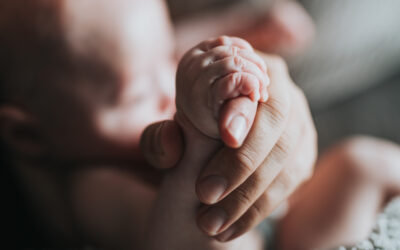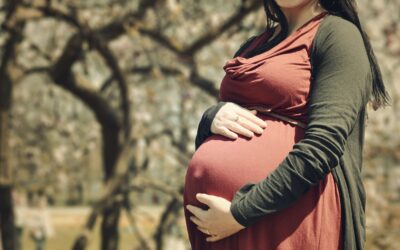In salute to their important work over many years, we have prepared this blog to summarise how the rights to information for donor-conceived people work under UK law.
If you have a question about your donor, then UK law provides a framework in which information is held by the Human Fertilisation and Embryology Authority, and donor-conceived people and their parents have rights to access information on the register in different ways at different times. The rules depend entirely upon the date you were conceived and your personal situation. We have put together this Q&A to clarify what information is available for children and adults conceived with the assistance of a donor and the additional actions you may be able to take to find out some more information, if you would like to.
I was conceived between 1 August 1991 and 31 March 2005 at a fertility clinic in the UK. What information can I find out about my donor?
Egg and sperm donors who registered with UK fertility clinics during this time were promised anonymity and most consented to the donation of their gametes on this basis. This means that, although their details will be recorded on the HFEA Register of Information, you will only be able to access non-identifying information about your donor (such as their appearance, age, ethnicity and any other information they chose to supply). You can access this information from the age of 16, or before this if your parents apply with you.
Pre-2005 donors can, if they wish, choose to re-register as identifiable donors. If your donor has re-registered as identifiable, you will also be able to identifying information about your donor from the HFEA (such as his or her name and address) once you reach the age of 18. You can apply to the HFEA to see if your donor has chosen to be identifiable here.
I was conceived at a UK fertility clinic after 1 April 2005, but before 31 March 2006 – what can I find out?
This was a transition period during which all new donors who came forward had to agree to be identifiable, but clinics were still permitted to use eggs and sperm from donors who had already registered with them. This means if you were conceived within this timeframe then your donor may be identifiable or not. Again, you can contact the HFEA to find out.
I was conceived at a UK fertility clinic after 1 April 2006. What can I find out?
After this date, clinics were no longer able to use anonymous donors (other than to help parents conceive a genetic sibling). If you were conceived after 1 April 2006 then your donor must have provided identifying information to the HFEA, unless you have an older sibling conceived with the same donor before 1 April 2006.
At the age of 16 you will be able to access information about your donor’s appearance, their age, ethnicity, whether they have had any children (how many and their gender), marital status, medical history and a goodwill message. You will then be able to request your donor’s name, date of birth and last known address once you reach the age of 18 and can contact them if you would like to.
What if my donor is anonymous, or if I was conceived outside the UK regulatory framework, and I want to find out more information about them?
The world is going through a global information revolution, and donor conception is not immune to its impact. On the ground, new options are opening up to donor-conceived people who want to find out about their biological heritage, with information available through modern DNA-testing websites, and links made on social media. Connections are being made between donor-conceived people with the egg or sperm donors who helped to conceive them in ways which were never anticipated when they were born (sometimes deliberately, and sometimes inadvertently).
This is the brave new world of donor conception, and it will undoubtedly pose new challenges for donor-conceived people, their families and donors, as well as for the UK’s careful defined legal rules which until now have sought to control how information is shared.
If you are donor conceived, a parent of donor-conceived children or planning to conceive with donated eggs, sperm, embryos or a surrogate, we cannot recommend the Donor Conception Network highly enough. Their details can be found here.
Leading experts in conception law
Find out more about how we support those creating families



